The challenge facing Syria's Alawites
Minority sect that was favoured under Assad now fears for its future
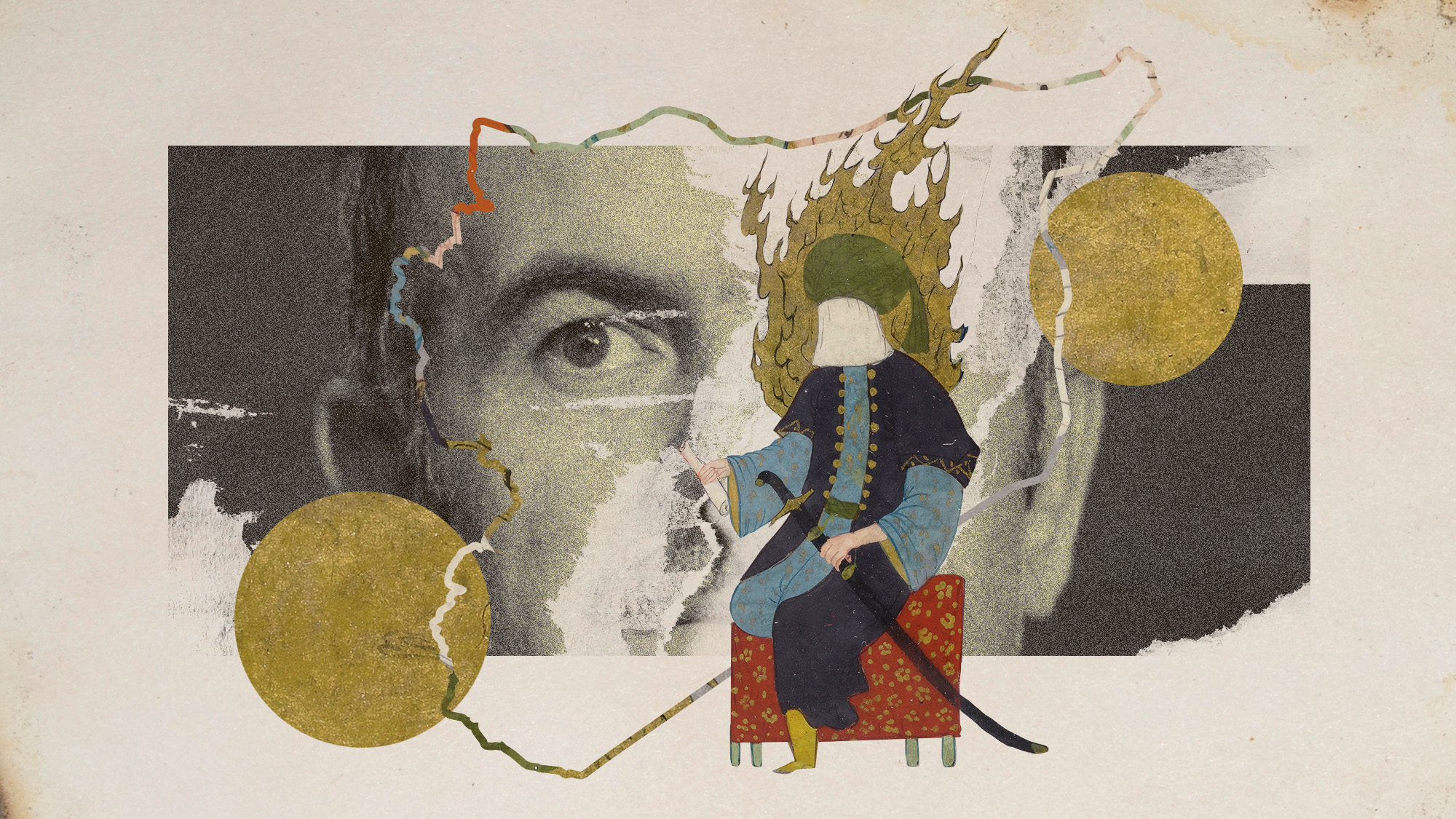
A free daily email with the biggest news stories of the day – and the best features from TheWeek.com
You are now subscribed
Your newsletter sign-up was successful
As sectarian tensions rise in Syria following the collapse of the Assad regime, a minority sect fears for its future amid calls for mass slaughter.
The feeling is a new one for the Alawites, a group that was powerful and influential during the dictator's rule.
Deep anxiety
The Alawites are a minority sect which follows an esoteric offshoot of Shiite Islam. Between 10-12% of Syrians currently belong to the group.
The Week
Escape your echo chamber. Get the facts behind the news, plus analysis from multiple perspectives.

Sign up for The Week's Free Newsletters
From our morning news briefing to a weekly Good News Newsletter, get the best of The Week delivered directly to your inbox.
From our morning news briefing to a weekly Good News Newsletter, get the best of The Week delivered directly to your inbox.
Although they were "historically marginalised", said New Lines magazine, they "gained significant influence" after Assad's rise to power in 1970, moving from "isolated mountain communities" to cities and "assuming a dominant role" in government and security institutions.
They "dominated the ruling class and upper ranks of the military", said the New York Times, but many insist that they were also "oppressed" under the Assads and they "deny that they were a favoured class" pointing to "ramshackle homes" and low salaries as "proof" that they suffered.
As the country emerges from that dictatorship, the wider "cry for justice" and atmosphere of reckoning has left the Alawite community with "a deep sense of anxiety". They have repeated "like a mantra" that they "need the same things: safety and security".
Their fears are justified because extremist factions have circulated calls for mass violence against Alawites, including on the Telegram messaging service, where tags and videos have circulated "advocating indiscriminate slaughter", said NLM. According to the Syrian Observatory for Human Rights around 150 Alawites have been killed over the past month.
A free daily email with the biggest news stories of the day – and the best features from TheWeek.com
"Ominously" some said that if the new regime cannot guarantee their safety, they will "take matters into their own hands to protect themselves", and some of those who were armed during the civil war are "refusing to disarm" until they receive guarantees that they will be protected from attacks.
Stay silent
The day after Assad's downfall last month, Ahmed al-Shara, the Islamist leader of the rebels who overthrew the regime, sent a representative to al-Qardaha to meet with village leaders. The new interim government has also sent forces to guard a checkpoint outside the Alawite village.
But the Alawites want more, calling for a blanket amnesty from retribution, to avoid them being singled out. Officials within the new interim government said it's "too early" for the Alawite community to be "dictating any terms", said the NYT.
They "need to stay silent for at least a year and not make any demands", said Ahmad Hilal, a lawyer who now heads the Palace of Justice. They "killed the prisoners in the prisons" and "showed us no mercy". Now, "they are talking about nationalism and being part of a nation" but "why didn’t they speak up before this?”
Nevertheless, some haven't given up hope that this moment can be unifying. Hassan G. Ahmad, an activist, told France 24 that Syria needs a government that "includes all parts of society" describing himself as "not Muslim, Alawite, atheist, Sunni, or anything else", but "Syrian, above all".
Chas Newkey-Burden has been part of The Week Digital team for more than a decade and a journalist for 25 years, starting out on the irreverent football weekly 90 Minutes, before moving to lifestyle magazines Loaded and Attitude. He was a columnist for The Big Issue and landed a world exclusive with David Beckham that became the weekly magazine’s bestselling issue. He now writes regularly for The Guardian, The Telegraph, The Independent, Metro, FourFourTwo and the i new site. He is also the author of a number of non-fiction books.
-
 6 exquisite homes with vast acreage
6 exquisite homes with vast acreageFeature Featuring an off-the-grid contemporary home in New Mexico and lakefront farmhouse in Massachusetts
-
 Film reviews: ‘Wuthering Heights,’ ‘Good Luck, Have Fun, Don’t Die,’ and ‘Sirat’
Film reviews: ‘Wuthering Heights,’ ‘Good Luck, Have Fun, Don’t Die,’ and ‘Sirat’Feature An inconvenient love torments a would-be couple, a gonzo time traveler seeks to save humanity from AI, and a father’s desperate search goes deeply sideways
-
 Political cartoons for February 16
Political cartoons for February 16Cartoons Monday’s political cartoons include President's Day, a valentine from the Epstein files, and more
-
 Syria’s Kurds: abandoned by their US ally
Syria’s Kurds: abandoned by their US allyTalking Point Ahmed al-Sharaa’s lightning offensive against Syrian Kurdistan belies his promise to respect the country’s ethnic minorities
-
 Syria’s Islamic State problem
Syria’s Islamic State problemIn The Spotlight Fragile security in prison camps leads to escape of IS fighters
-
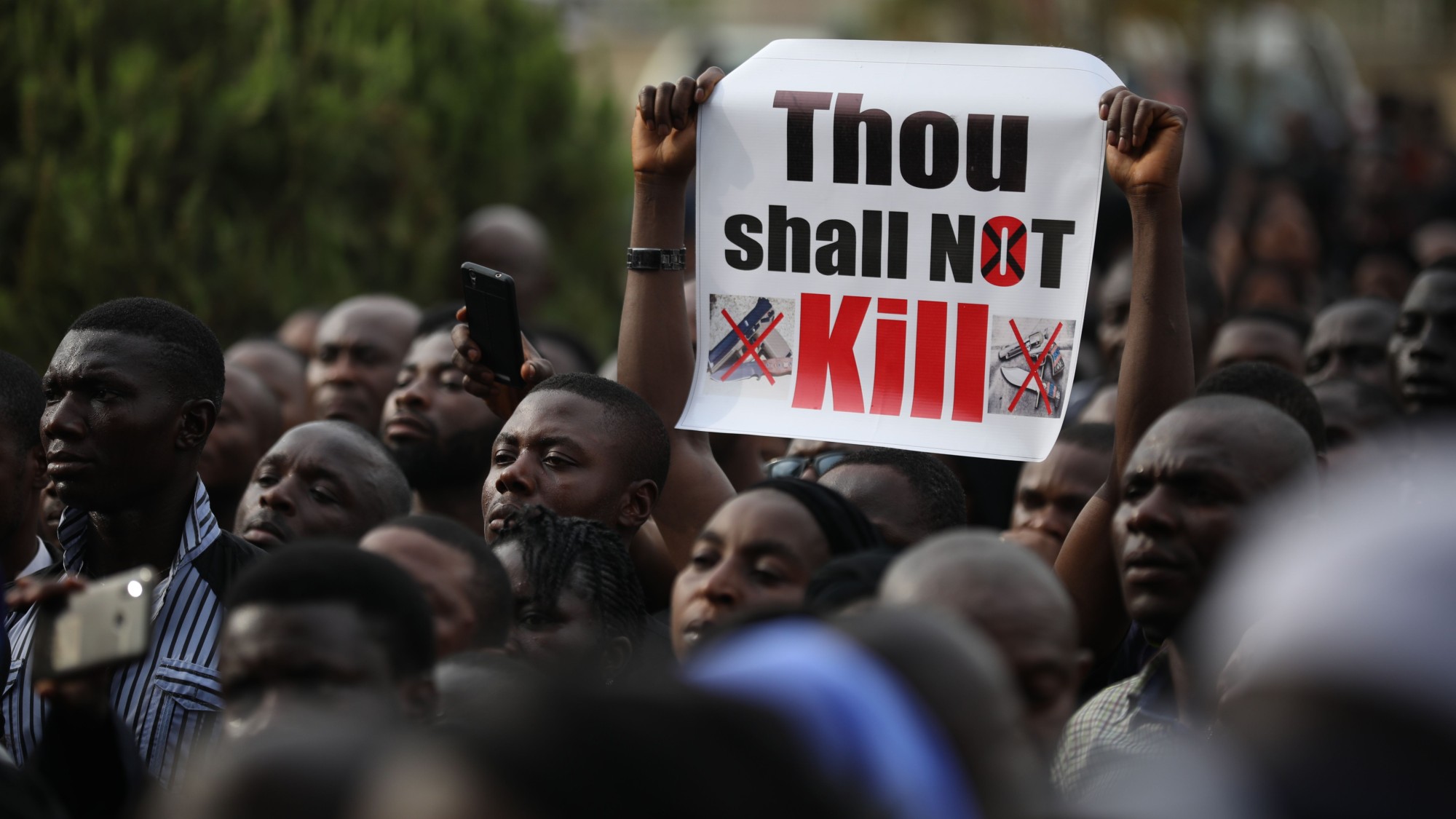 The disputed claims about Christian genocide in Nigeria
The disputed claims about Christian genocide in NigeriaThe Explainer West African nation has denied claims from US senator and broadcaster
-
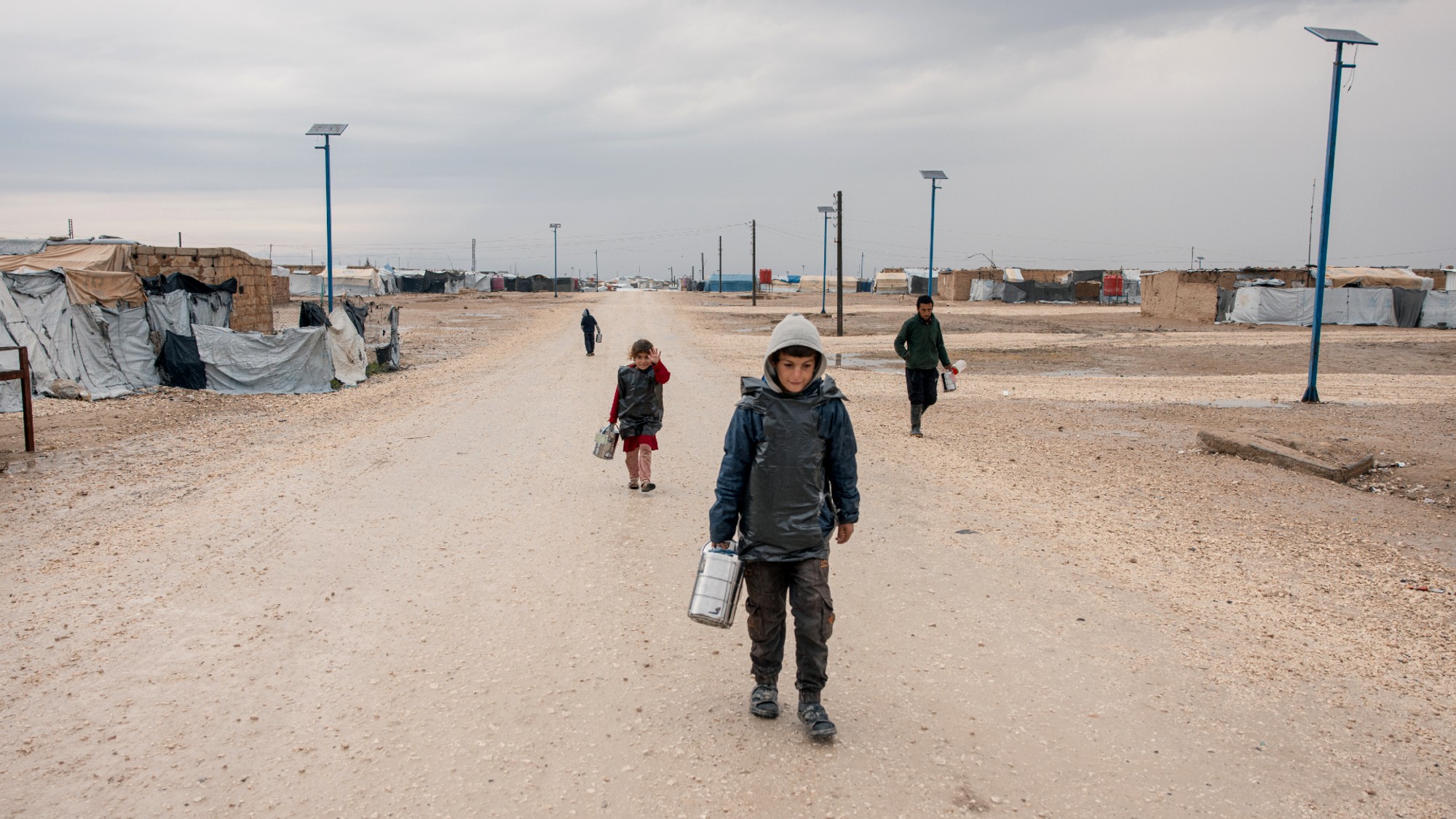 Inside Syria’s al-Hol camp
Inside Syria’s al-Hol campUnder the radar Aid cuts mean authorities face ‘uphill struggle’ to maintain security
-
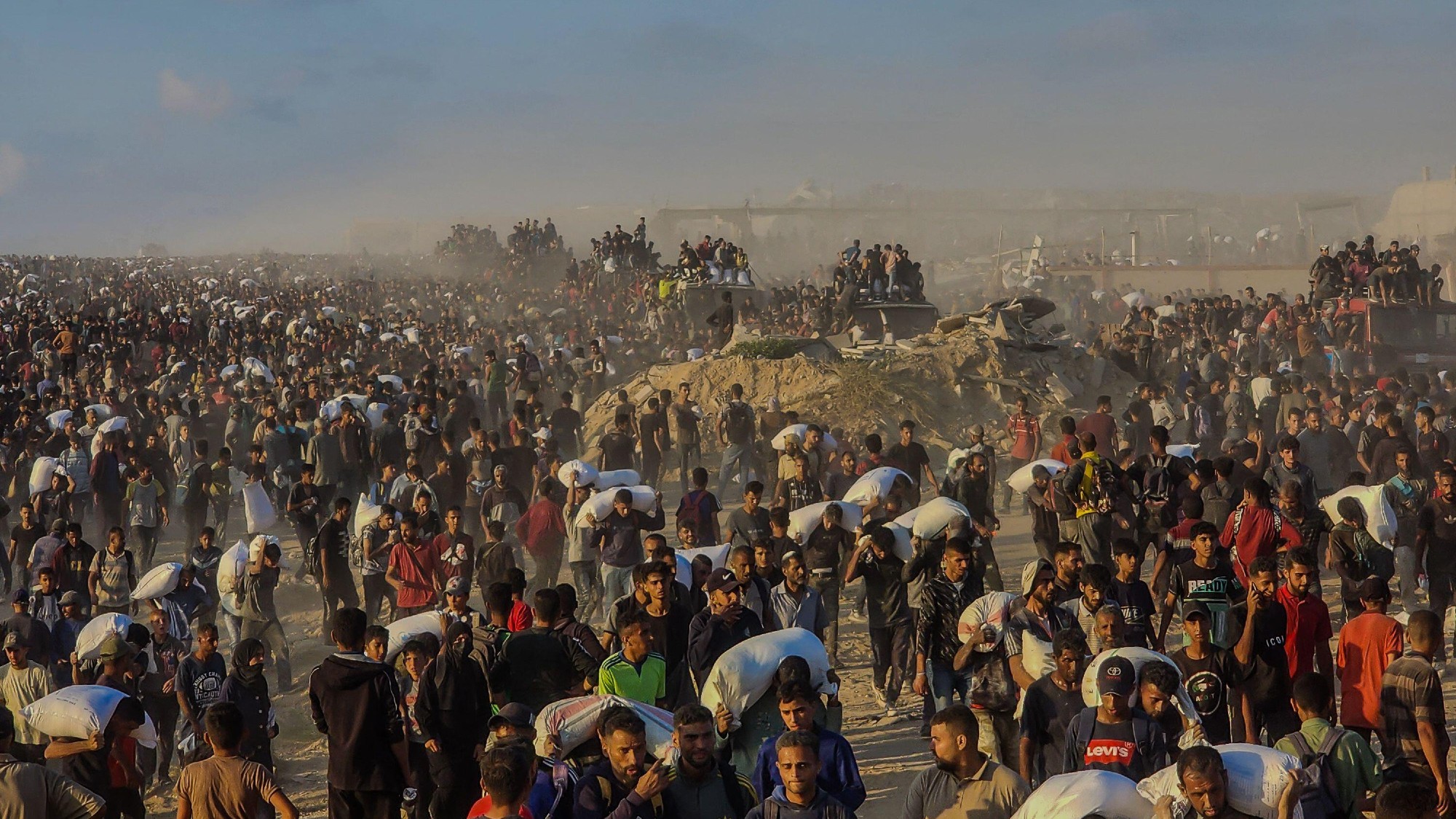 Why ‘anti-Islam’ bikers are guarding Gaza aid sites
Why ‘anti-Islam’ bikers are guarding Gaza aid sitesIn The Spotlight Members of Infidels MC, who regard themselves as modern Crusaders, among private security guards at Gaza Humanitarian Foundation sites
-
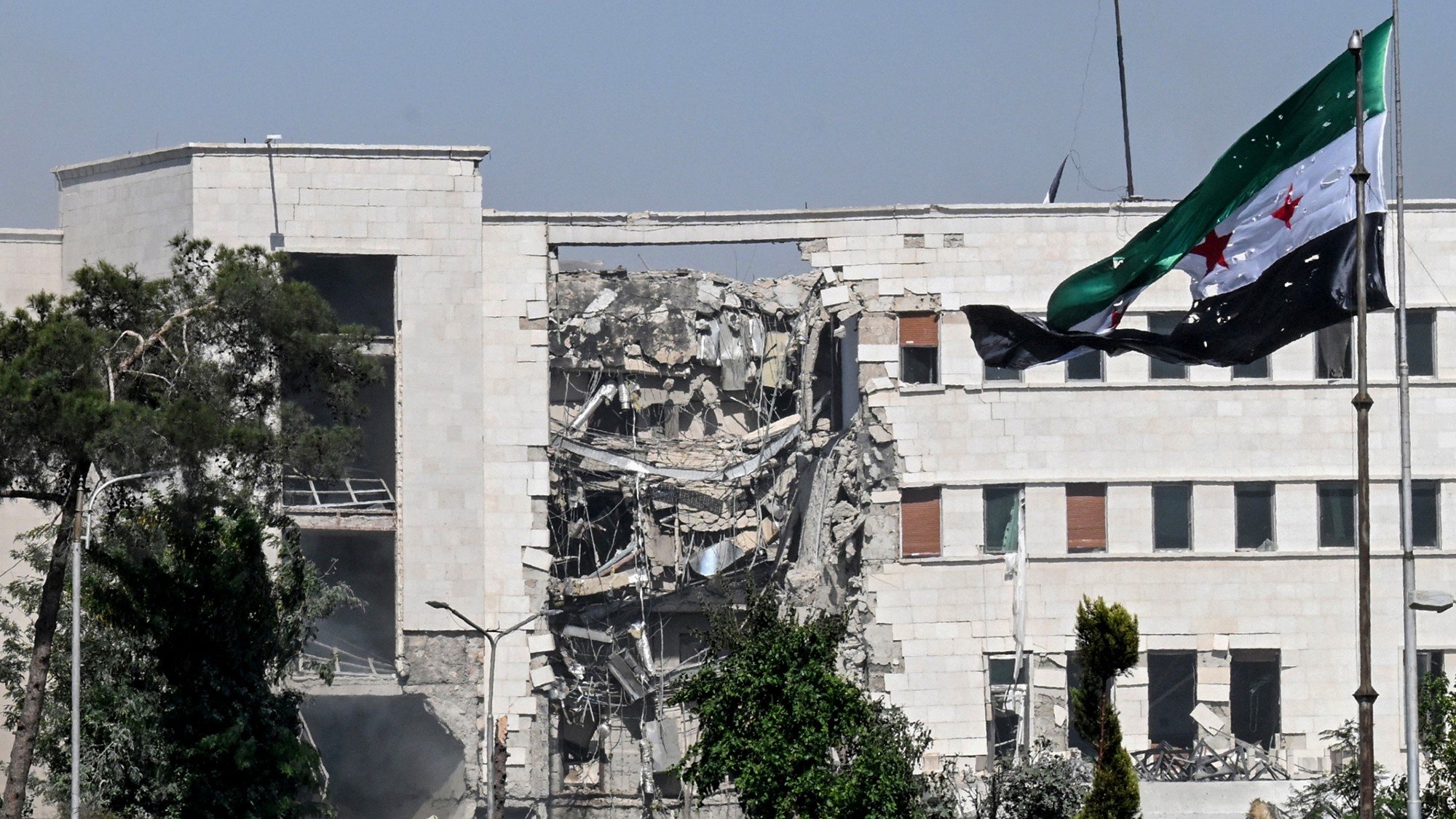 Rubio says US brokered end to Syria conflict
Rubio says US brokered end to Syria conflictSpeed Read Syria's defense ministry was targeted in Israeli attacks on the capital
-
 Syria's returning refugees
Syria's returning refugeesThe Explainer Thousands of Syrian refugees are going back to their homeland but conditions there remain extremely challenging
-
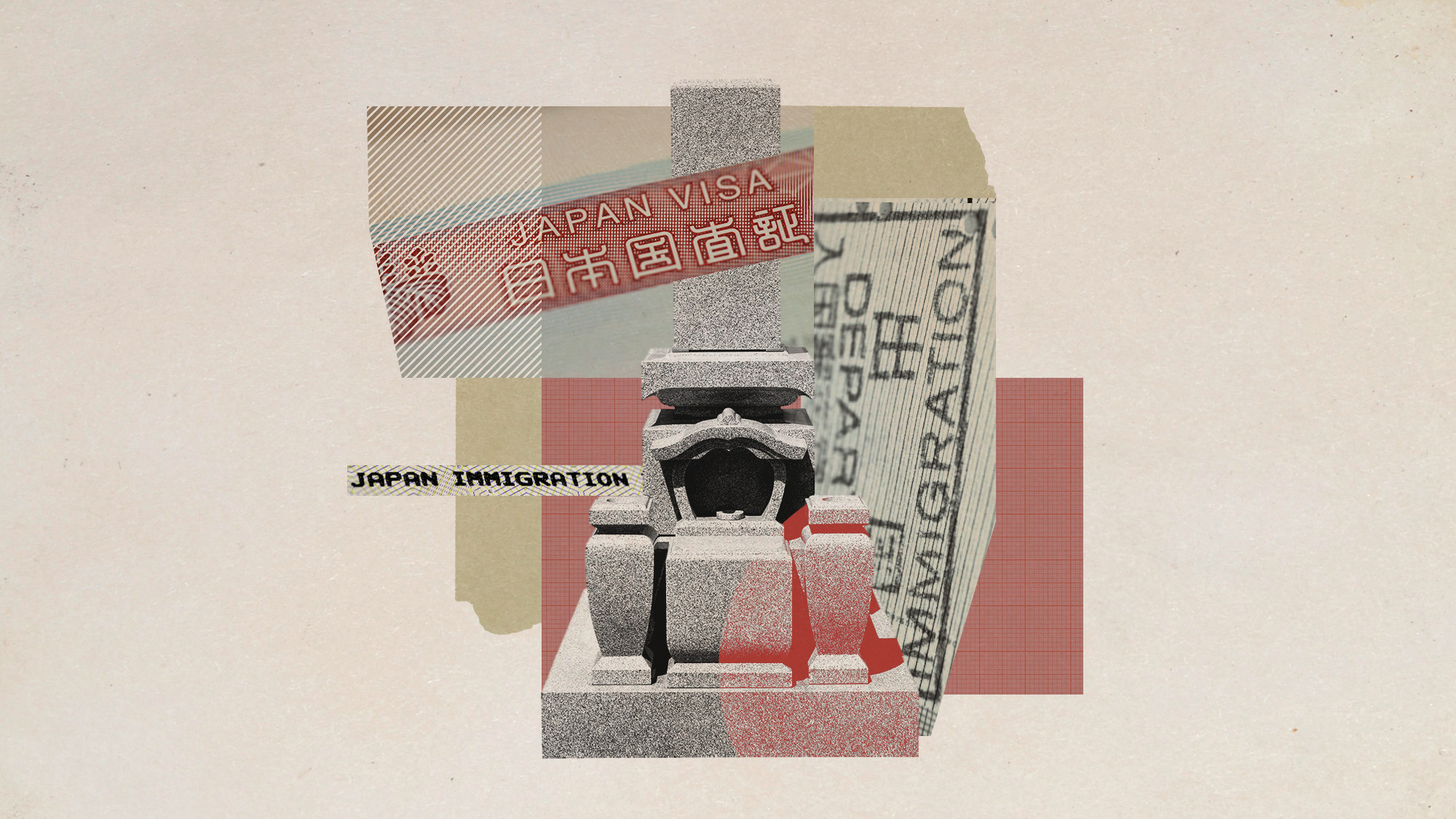 Japan is opening up to immigration – but is it welcoming immigrants?
Japan is opening up to immigration – but is it welcoming immigrants?Under the Radar Plummeting birth rates and ageing population leaves closed-off country 'no choice' but to admit foreign workers, but tensions are growing with newly arrived Muslims